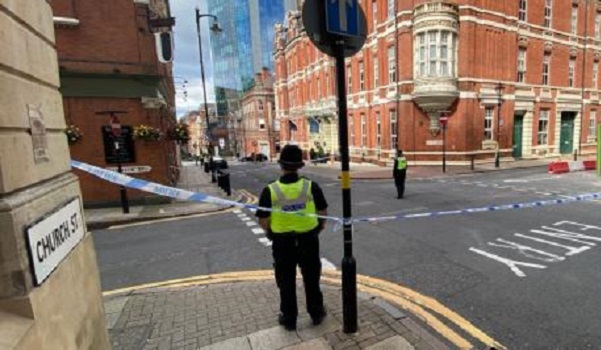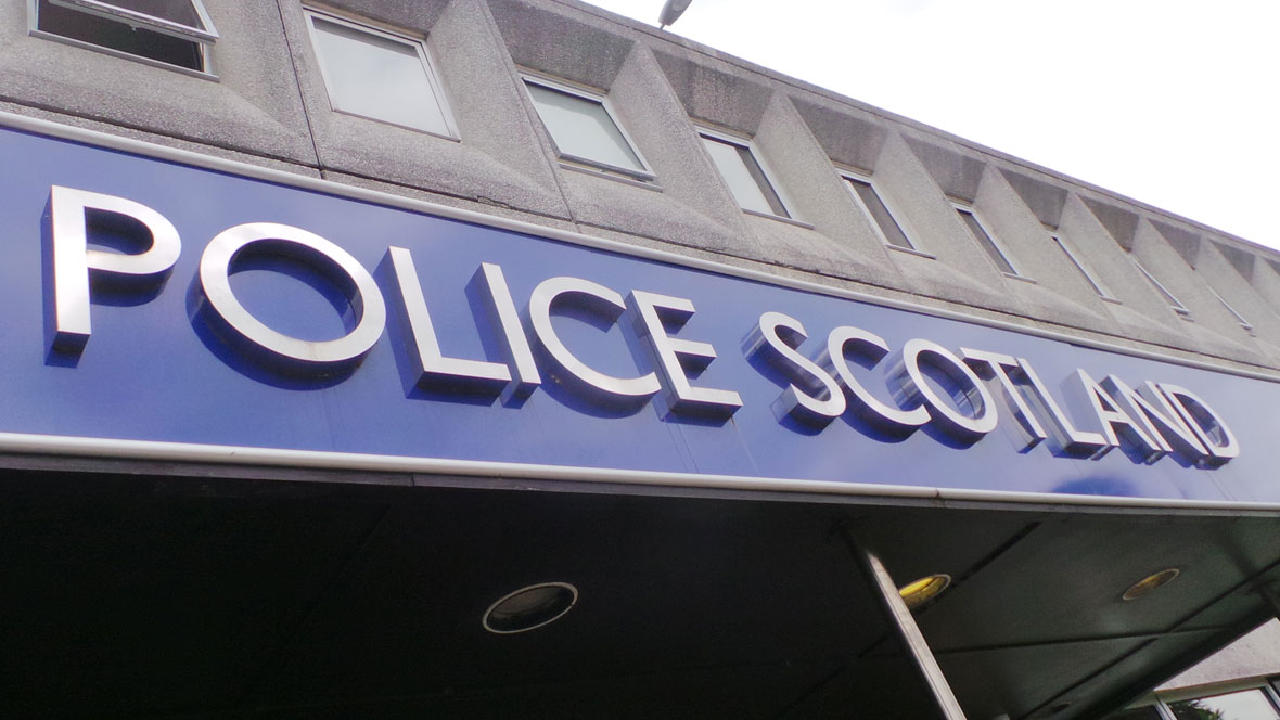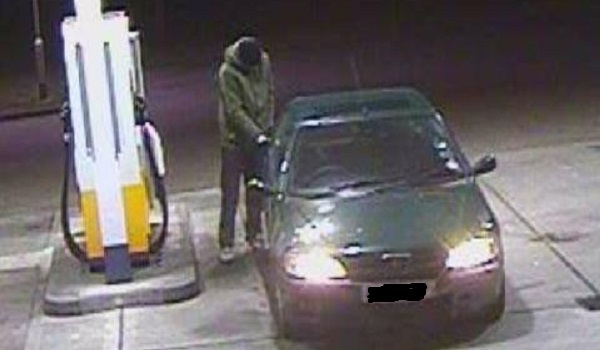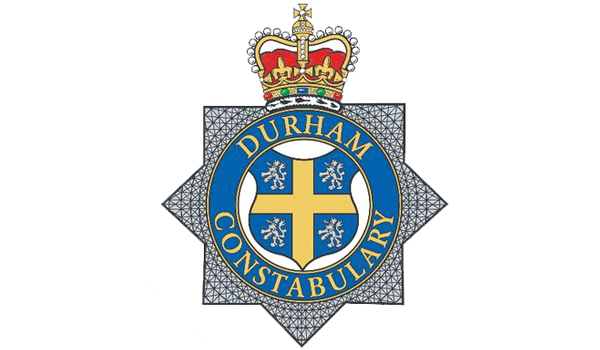WMP response to Birmingham stabbing attacks likely saved lives, says report
A decision not to classify the Birmingham stabbing attacks as a possible marauding terrorist assault may have saved lives on the night, a report has found.
An initial debrief into the September 6 attacks, in which one man was killed and seven others injured, concluded that the key call by West Midlands Police commanders may have allowed medics to get more quickly to the scenes.
A man was arrested after the attacks and is now awaiting trial, scheduled to take place in the new year.
The force’s response was criticised in the immediate aftermath, including the time taken to issue CCTV stills of a suspect.
However, Chief Constable David Thompson said previously that CCTV was issued 90 minutes after being secured, and described his officers’ response in the early hours of the Sunday morning as “reasonable and well-considered”.
An initial debrief into the attacks was ordered by the Labour West Midlands police and crime commissioner David Jamieson, to see if any immediate lessons could be learned.
The published findings, presented by Mr Thompson at a strategic policing board meeting on Tuesday, found 25 areas of good practice and highlighted five areas for improvement, mainly in streamlining command and control measures.
The report found “police officers and staff, at all levels, responded appropriately and professionally to save lives, secure evidence and apprehend the offender”.
There was “rapid deployment of significant armed and unarmed officers” to the city centre, “real-time intelligence” was shared, and “effective working” between detectives and counter-terrorism officers “when the motivation for the attack was still unknown”, it concluded.
The debrief also found that a decision not to classify the stabbings as a marauding terrorist attack – known as Operation Plato – as they were unfolding, may have saved lives.
The force “deliberately did not declare” the incident as such, which “allowed ambulances to attend the scene quickly and provide urgent medical aid”, instead of resources being held back for safety reasons.
“Had Operation Plato been declared it is possible that medical aid may have been delayed and there may have been further loss of life,” the policing and crime board members were told.
Giving details, Mr Thompson said the decision on when to implement Operation Plato was a “dilemma” for forces nationally, with the procedure undergoing constant “refinement”.
He added it was a topic that had been raised separately at the ongoing Manchester Arena bombing inquiry, and was also now being reviewed nationally following the Birmingham incident.
The chief constable added: “On the marauding attack aspect, I am very satisfied the decisions made on the night were right.”
He said the force could have followed West Midlands Ambulance Service on the separate issue of formally declaring the attacks a major incident “more quickly” on the night, which would have assisted coordination of multi-agency resources.
However, Mr Thompson said “there’s nothing that’s been lost by it”, adding some “very good decisions” were taken by commanders.
Of the five areas identified for improvement, he said: “I don’t think at this stage at all would have affected the response we had on the night.”
Mr Jamieson said: “What has come out of it [this debrief], is the decisions taken by police commanders on the night allowed that medical assistance to get to the incident sites and potentially prevented further loss of life.”
He added: “I also understand the medical assistance arrived in a timely manner.”
Mr Billington, 23, from Crosby, Merseyside, who was a Sheffield Hallam University graduate intern and a drummer, was killed after being stabbed in the neck.
Seven others were injured during four clusters of attacks across the city centre, spanning 90 minutes – including Mr Billington’s old school friend and band mate Michael Callaghan.
The chief constable said Mr Callaghan was the only remaining victim still in hospital, having been transferred to Liverpool where he is undergoing rehabilitation at a “specialist neurological hospital”.
The report detailed that he was expected to be there “a number of months whilst they work towards maximising his capabilities”.
Mr Thompson said: “We have got a victim there still with horrendous physical and emotional challenges, and while the other victims have physically recovered, I am quite sure they haven’t emotionally.”
A formal independent debrief is being carried out by the National Counter Terrorism Policing organisational development unit, and will be completed by the end of the year.
Once finished, a final report with any recommendations will be published.
Zephaniah McLeod, 27, of Nately Grove, Birmingham, has been charged with murder and seven counts of attempted murder, in connection with the attacks, and is due to stand trial next year.







